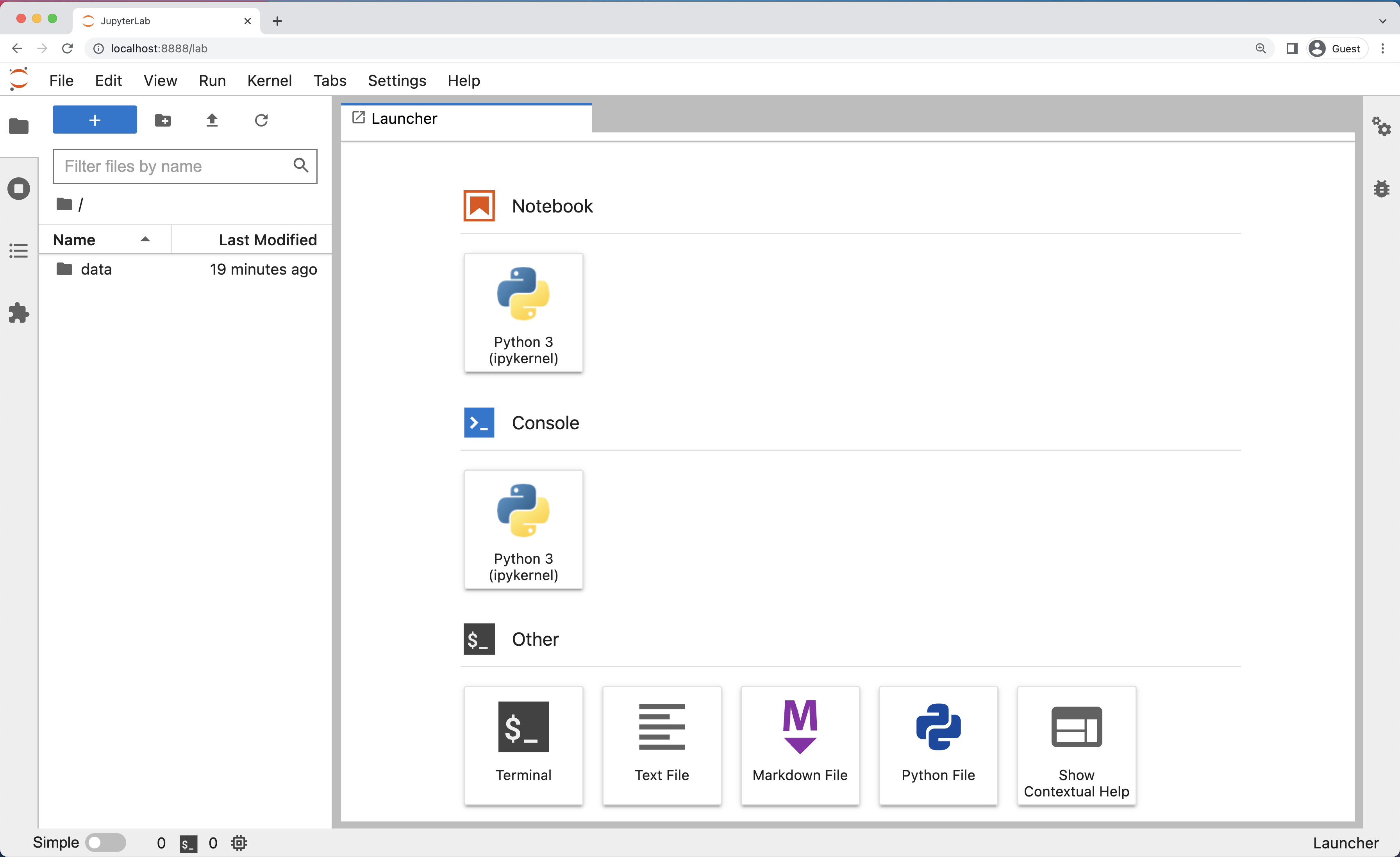
In the following we assume you already configured your. In the following we use the port number 15051 ( please select another number). This number needs to be used while establishing the port forwarding and while launching JupyterLab. To avoid the need for modifying the following procedure again and again, we suggest to (once) select a unique number (between 200). The default port for JupyterLab is 8888, but only one user can use this at a time. This ports are numbers between 200, which needs to be unique on the present machine. Since JupyterLab is a web based application, and at NeSI launched behind the firewall, a port needs to be forwarded to your local machine, where your browser should connected.  Launch JupyterLab in your local browser. open another session to the NeSI system. Connect to the NeSI system to establish SSH port forwarding. The procedure will be simplified in future, but now require the following steps, which are then described in more details: Therefore port forwarding needs to be enabled properly. After starting the server your local browser can be connected.
Launch JupyterLab in your local browser. open another session to the NeSI system. Connect to the NeSI system to establish SSH port forwarding. The procedure will be simplified in future, but now require the following steps, which are then described in more details: Therefore port forwarding needs to be enabled properly. After starting the server your local browser can be connected. 

For less demanding work the JupyterLab server can be started on a login or virtual lab node. JupyterLab servers should be started preferably on a compute node, especially for compute intensive or memory intensive workloads.

JupyterLab is a single-user web-based Notebook server, running in the user space. As a first step JupyterLab can be used on Mahuika nodes. NeSI provides a service for working on Jupyter Notebooks. If you are a Mahuika cluster user, we recommend using jupyter via. This documentation contains our legacy instructions for running JupyterLab by tunnelling through the lander node.








 0 kommentar(er)
0 kommentar(er)
